Exclusive Q&A - Marko on engines, 2017, and Red Bull’s F1 future
Max Verstappen’s move from Toro Rosso to Red Bull Racing may have hogged the headlines this week, but the man who signed off the move – Red Bull motorsport consultant Helmut Marko – has plenty of other things on his mind. Among them are returning the team to winning ways, making sure the 2017 rule changes help them do that, and above all, focussing on the racing. We caught up with the outspoken Austrian for an exclusive chat…
Q: Helmut, Red Bull were arguably the team most eager for the engine rules changes for 2017. What do you make of the new regulations?
Helmut Marko: It is at least a step in the right direction. But as always, the devil is in the detail. The price from where the reduction should be applied was not fixed. We have variations in engines from 16 million euros up to 28 million. That is one issue. Then it is still wide open on how the [performance] convergence is going to work: if we really can stay within these three-tenths of a second that’s been calculated then we are okay - but there seems to be no guarantee on that. Another issue is, of course, that we have to be supplied with an engine - no matter what else happens - as the independent engine is now definitely off the table.
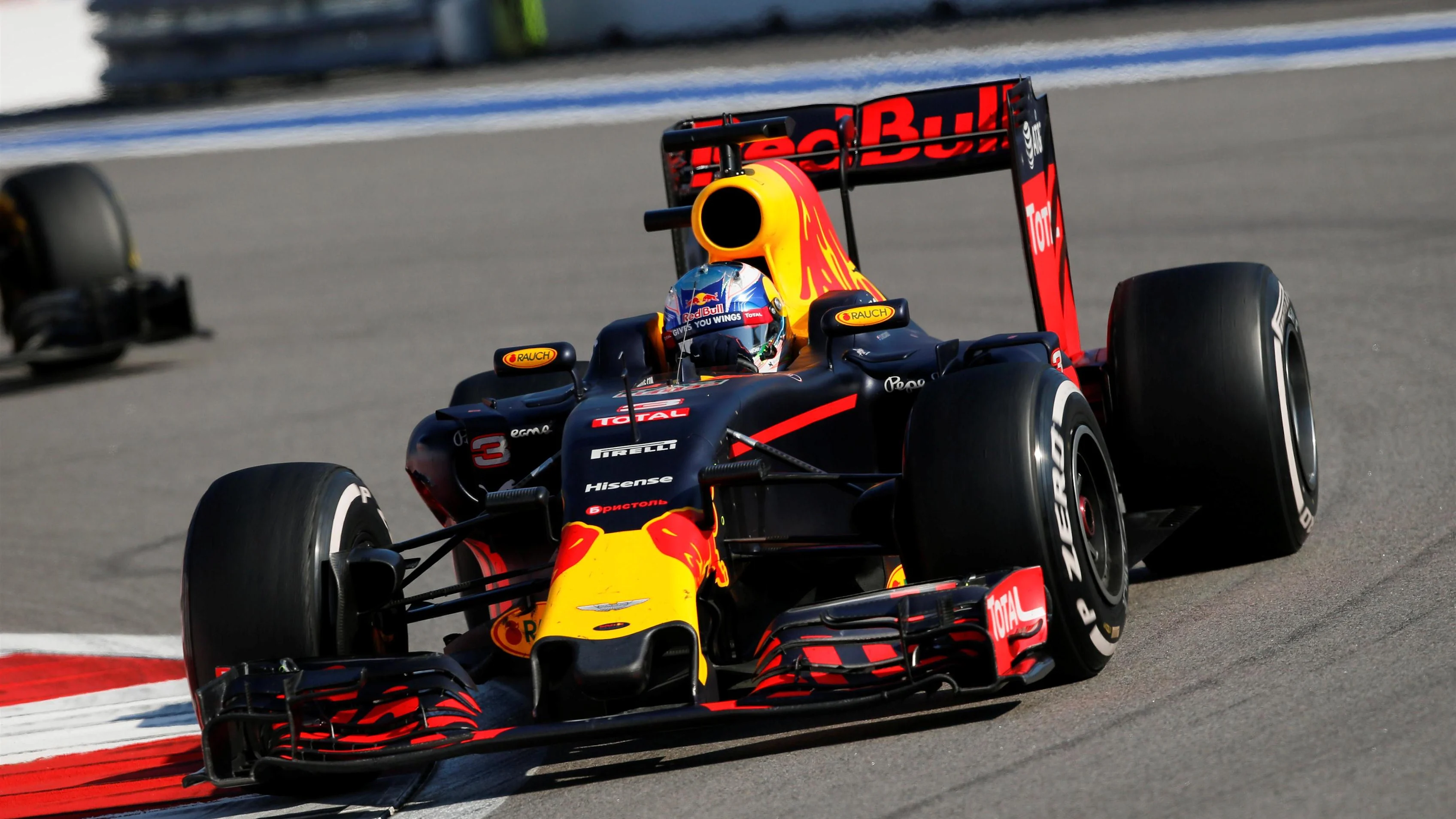
We are probably the biggest beneficiary, as in the past when new regulations came in we’ve always been ahead.
Q: Money, one assumes, isn’t a huge issue for Red Bull, but the performance convergence - those elusive three-tenths of a second - must be a burning issue for you…
HM: …yes, because if the gap is no more than three-tenths then we have every chance in the world to do something with our chassis. That would put us back up in a position where we will win races again – and fight for championships again. But again, it all depends on whether everything is done the way it has been written down and decided.
Q: Mercedes were supposedly the team most reluctant to any changes. Do you sympathise?
HM: Not at all. Because it was all about not losing any advantage. Now all the teams again have the chance to close the gap. Of course we are probably the biggest beneficiary, as in the past when new regulations came in we’ve always been ahead.
Q: So you hope that new rules will bring new chances for Red Bull?
HM: First of all we want to be competitive again. And we believe that the races have to be more exciting again - not so predictable…
Q: But that is what people against the rules changes have argued: that the racing this year has been exciting…
HM: But only in the midfield. The midfield racing has been sizzling. But when it came to winning the race you knew that it would be a Mercedes driver. The Mercedes driver who comes out of the first corner in first is the race winner. Hopefully that will change.
Q: So what about your season so far? In China Red Bull looked to be on the rise, but then it went downhill again in Russia?
HM: China was very special - a bit out of the norm. Daniel (Ricciardo) had the speed, yes, and in the end we were unlucky because without his puncture he could have finished second. But don’t forget Hamilton had his issues and the two Ferraris collided at the start. That will not happen at every race unfortunately. Looking at the Russian weekend: the engine power is super important there - we saw in qualifying that we had dropped back a bit again. We are again in the region of the Williams. What we are really looking forward is the next [power unit] upgrade - how powerful it will be. We are pretty optimistic. If the figures are right it should put us back in a situation where we can win races again on circuits like Budapest and Singapore - tracks that don’t have long straights.
Q: So what you are saying is that with the engine performance convergence next season you will be able to win races everywhere, whereas now you are at the ‘mercy’ of particular tracks - or the misfortune of others?
HM: Yes, that’s accurate.
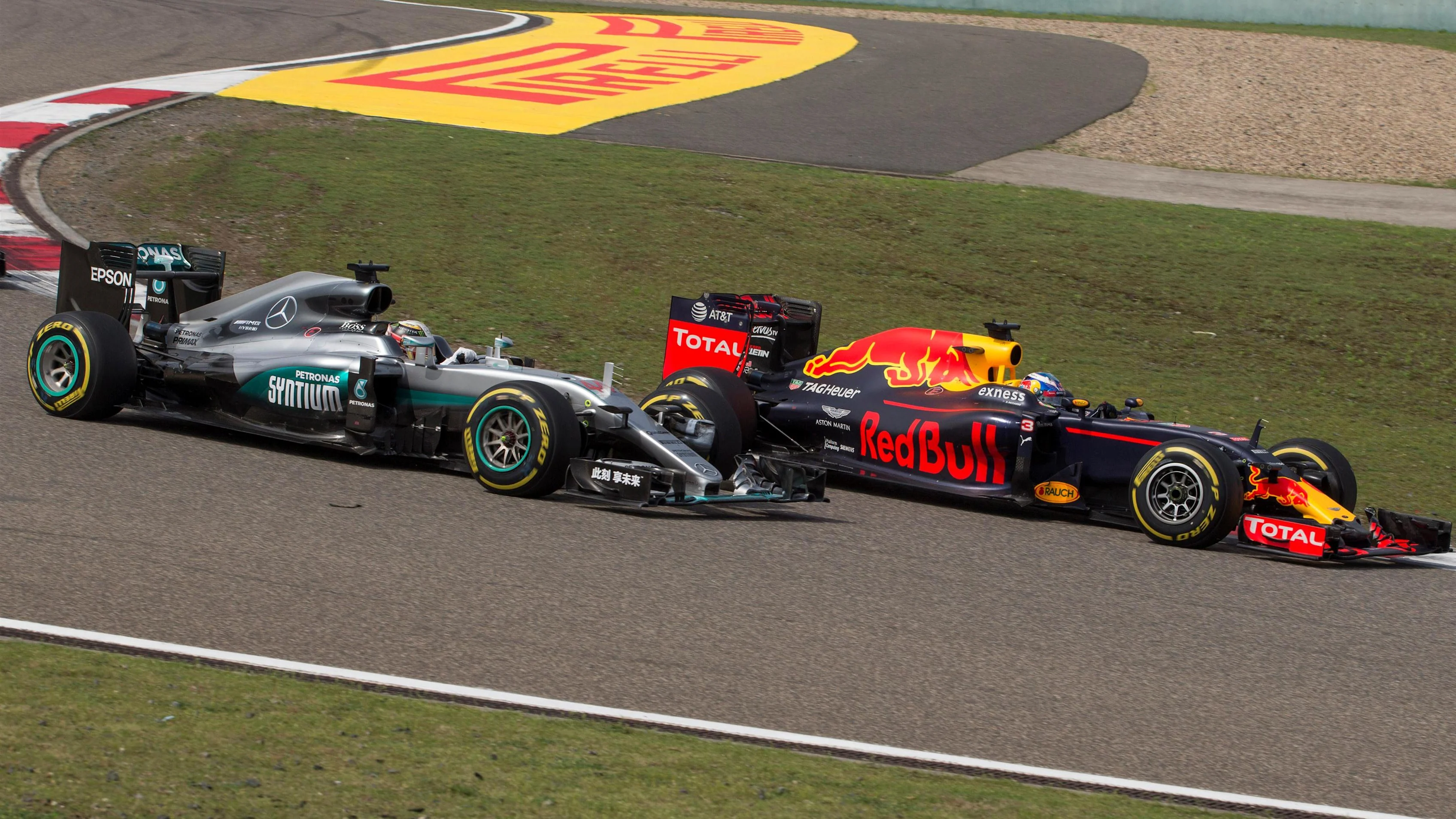
The midfield racing has been sizzling, but when it came to winning the race you knew that it would be a Mercedes driver... Hopefully that will change.
Q: If everything goes to plan from now on, what will that mean for Red Bull’s 2016 season? You’ve gone from perhaps not even being on the grid at the end of 2015 to probably winning races again a year later - that’s a pretty steep step…
HM: Yes, it is. A big step. In fact, we hope to be a threat to Ferrari the rest of the season.
Q: Recently it seems that everyone - drivers included - has their ideas about what’s good or bad for the future of Formula One racing. So is it still true that F1 needs a ‘dictator’, as Bernie Ecclestone has frequently said…
HM: One hundred percent yes - but it is difficult to find one these days!
Q: When people aren’t happy with something, right now it’s FOM and the FIA who hear about it - but teams have a massive share in the situation…
HM: So don’t give the teams the power. But of course it is difficult to take that away from them again. Probably not before a new Concorde Agreement. The teams should focus on racing again.
Q: Is there enough common sense within the teams to do that?
HM: No. But again: things will become better again when the teams are stripped off their power.
Q: So simply put, could Red Bull accept being stripped off its political muscle?
HM: Yes, if the right people are running the sport.
Q: So give us a job description for the next ‘F1 dictator’…
HM: I don’t think that we will find that all in one person as we now have it with Bernie. You need a shrewd businessman, you need a marketing whizz who has the knowledge of the sport and brilliant political connections. Probably we are looking for a ‘Swiss Army knife’ who has everything needed for survival! (laughs)
Next Up
Related Articles
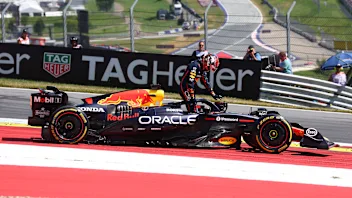 ‘I hated this car at times’ – Verstappen on his 2025 season
‘I hated this car at times’ – Verstappen on his 2025 season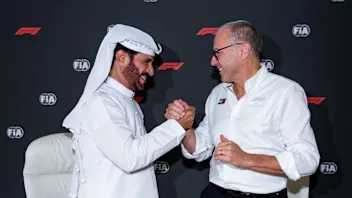 F1, the FIA and 11 teams sign 2026 Concorde Agreement
F1, the FIA and 11 teams sign 2026 Concorde Agreement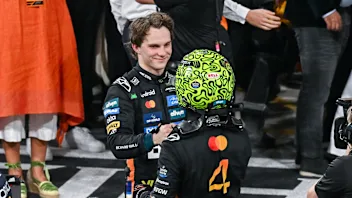 Piastri 'will be a world champion' in future – Norris
Piastri 'will be a world champion' in future – Norris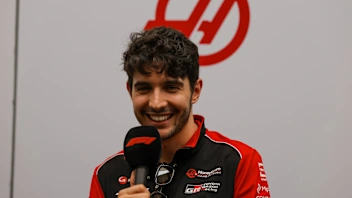 Getting to know the real Esteban Ocon
Getting to know the real Esteban Ocon.webp) VOTE: Choose your favourite race of the 2025 season
VOTE: Choose your favourite race of the 2025 season Norris collects World Championship trophy at FIA Awards
Norris collects World Championship trophy at FIA Awards